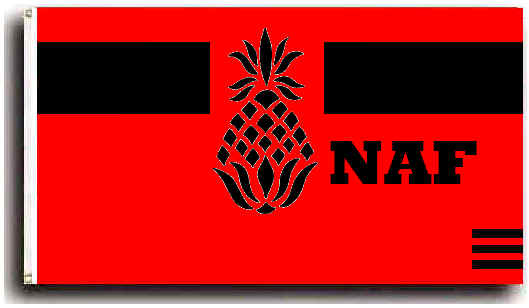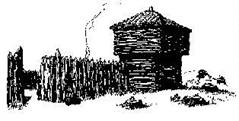War on the Run By John F. Ross Bantam, 548 pages, $30 John Ross, the executive editor of American Heritage magazine, has taken it upon himself to bring this extraordinary man back to life. He succeeds with “War on the Run,” a lively, evocative and at times moving biography. Rogers is the godfather of modern Special Ops. His spirit still hovers over the elite units who do extraordinary things in Afghanistan and Iraq, from the Rangers to the Navy SEALs, Marine Recon and Delta Force. Rogers was also the original American frontiersman. Born in the wilds of New Hampshire in 1731, he explored the far reaches of the North American wilderness up to the western shores of Lake Michigan. His obsessive hope of finding a land passage to the Pacific made him the “expounder of a realm never made coherent by map or report,” Mr. Ross writes, a realm stretching from the Appalachians to Oregon (a name Rogers coined for the Pacific Northwest Territory) and “so vast and alien in its contours, fauna, botany, and human occupation that it resembled a new planet.” Thirty years later Meriwether Lewis and George Rogers Clark took up the challenge of charting its immensity. Still, it is Robert Rogers, far more than Daniel Boone or Lewis and Clark, who spawned the American idea of going where no one has gone before. Tall, broad and strong, Rogers had trapped, canoed, hunted and fought Indians across the British colonies in America since his early teens. His restless and unstable temperament also landed him in trouble. In 1755 he was actually about to be indicted of counterfeiting when news came of the outbreak of war against the French. For Rogers it meant a pardon, an officer’s commission and an opportunity to apply the crafts he had learned from the Indian tribes, and from the trappers and traders who passed among them, to the art of war. Rogers realized that the American wilderness of swamp, forest, river and mountain, far from imposing a barrier, actually opened a daring opportunity to seize the initiative and carry the war to the French and their native allies. He became the David Petraeus of his time: It took the possibility of defeat to convince others that he was right. Like certain commanders in Iraq, British generals Edward Braddock comes to mind were skilled and experienced in conventional European warfare but unable to adapt to their new combat environment. When on July 9, 1755, Braddock was killed and some 900 of his 1,300 men killed or wounded by a smaller French and Indian force, it was a sign that a new approach was needed. For a Great Read check out this new book: "War on the Run" by John F. Ross - Bantam, 548 pages, $30.00
Buck Conner
___________________________ Page 5
|



 come warm yourself friends
come warm yourself friends